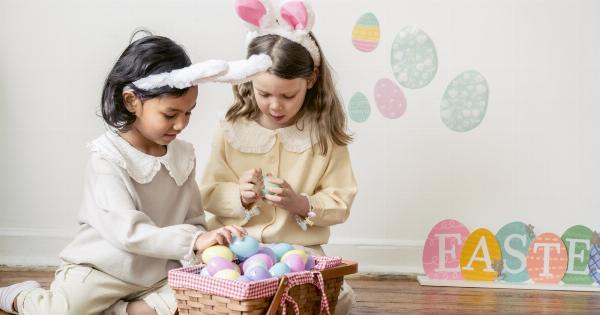As more and more women prioritize their careers and wait until later in life to start a family, the concept of egg freezing has gained significant traction.
Egg freezing, also known as oocyte cryopreservation, offers a way for women to preserve their fertility by extracting and freezing their eggs at a young age. This innovative technology has granted many women the opportunity to delay motherhood until they are emotionally and financially ready. However, the question remains: what is the right age for egg freezing?.
Understanding the Biological Clock
Before delving into the ideal age for egg freezing, it’s essential to understand the concept of the biological clock. The biological clock refers to the decline in a woman’s fertility as she ages.
Unlike men, who continuously produce sperm throughout their lives, women are born with a finite number of eggs. As women age, the quantity and quality of their eggs decrease, making it more challenging to conceive naturally.
The Optimal Age for Egg Freezing
While there is no definitive answer to the right age for egg freezing, medical experts generally recommend considering the procedure in your late 20s to early 30s.
At this age, women tend to have a higher ovarian reserve, meaning they have more eggs available for retrieval. Additionally, younger eggs are associated with higher success rates when it comes to fertilization and implantation.
By opting for egg freezing in your late 20s to early 30s, you can potentially preserve higher-quality eggs that are more likely to result in successful pregnancies later in life.
However, it’s important to note that every woman’s circumstances are unique, and the decision to undergo egg freezing should be made on a case-by-case basis with guidance from a fertility specialist.
Educating Younger Women
One of the challenges in determining the right age for egg freezing is the lack of awareness among younger women. Many women do not consider their fertility until they are actively trying to conceive or faced with age-related fertility issues.
As a society, we must prioritize educating younger women about the options available to them, including egg freezing.
By starting the conversation early, we can empower women to make informed choices about their reproductive futures.
Encouraging open dialogue about fertility and egg freezing can also help combat the stigma surrounding these topics and provide women with the necessary information to take control of their reproductive health.
Factors to Consider
When deciding on the right age for egg freezing, several factors come into play. These factors can vary significantly from woman to woman, and it’s crucial to consider them individually. Some of the key factors to consider include:.
1. Career Goals and Financial Stability
Many women choose to delay starting a family to focus on their careers and achieve financial stability. If building a successful career is your top priority, then egg freezing in your late 20s or early 30s may be a suitable option.
2. Relationship Status
Your relationship status should also factor into the decision-making process. If you are in a committed relationship and considering starting a family with your partner in the future, discussing egg freezing options together can be beneficial.
3. Personal and Emotional Readiness
Starting a family is a life-altering decision that requires emotional and personal readiness. Reflecting on your own desires and goals can help you determine whether egg freezing is the right choice for you.
4. Medical History and Family Planning
Your medical history and family planning goals should also be considered. If you have a known medical condition or a family history of early menopause or fertility issues, consulting with a fertility specialist at an early age is advisable.
Success Rates of Egg Freezing
The success rates of egg freezing have significantly improved in recent years. Advanced freezing techniques such as vitrification have increased the chances of successful egg thawing and subsequent fertilization.
However, it’s important to note that success rates are not solely dependent on the age at which you freeze your eggs.
Other factors such as the expertise of the fertility clinic, the egg retrieval process, and the quality of the sperm used in fertilization can also impact the overall success.
Consulting with a fertility specialist will provide you with a clearer understanding of your individual chances of success based on your specific circumstances.
The Emotional Aspect
While egg freezing can be an excellent option for women who wish to delay motherhood, it is essential to consider the emotional aspect of the process.
Freezing your eggs may alleviate the pressure of finding a partner and starting a family at a specific age, but it does not guarantee success or eliminate the challenges of future fertility treatments.
It is important to approach the decision to freeze your eggs with realistic expectations and understand that the process may involve physical, emotional, and financial stress.
Taking the time to emotionally prepare for egg freezing and seeking support from loved ones or counseling if needed can contribute to a smoother journey.
Conclusion
The right age for egg freezing is a personal decision that varies for each woman.
While experts generally recommend considering the procedure in your late 20s to early 30s, it’s crucial to factor in your unique circumstances and consult with a fertility specialist. Egg freezing provides an opportunity for women to take control of their reproductive health and plan for the future.






























